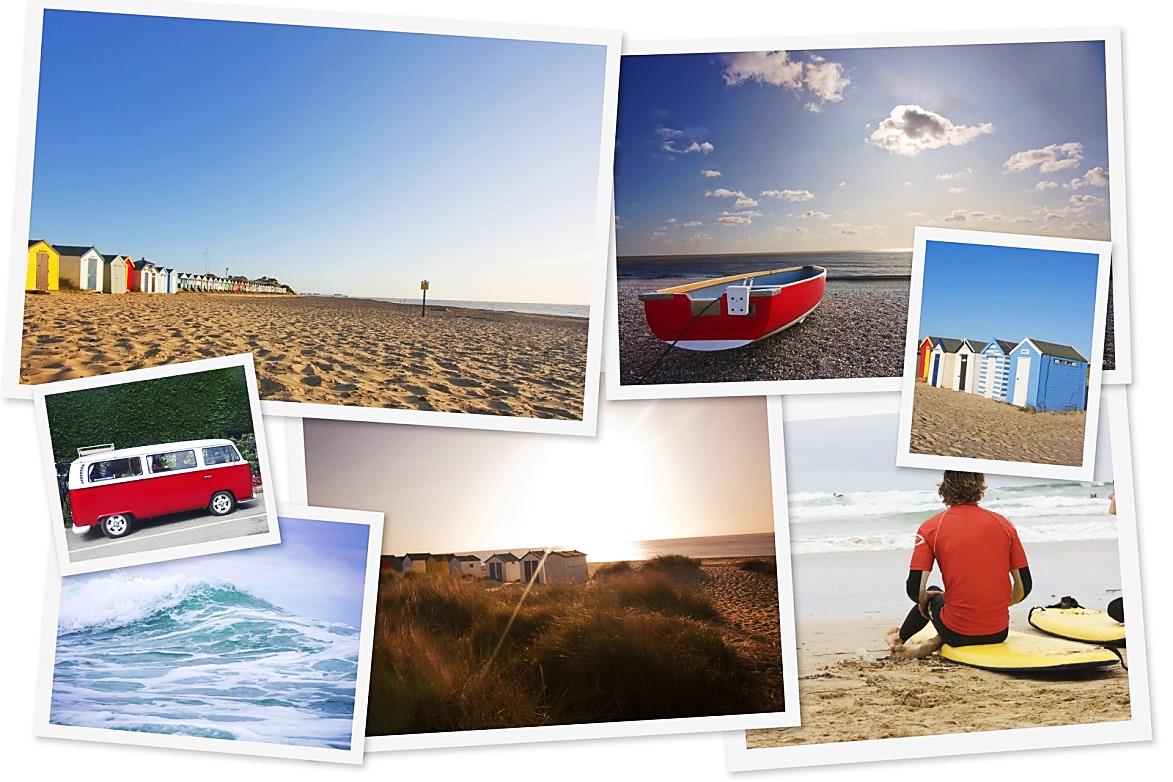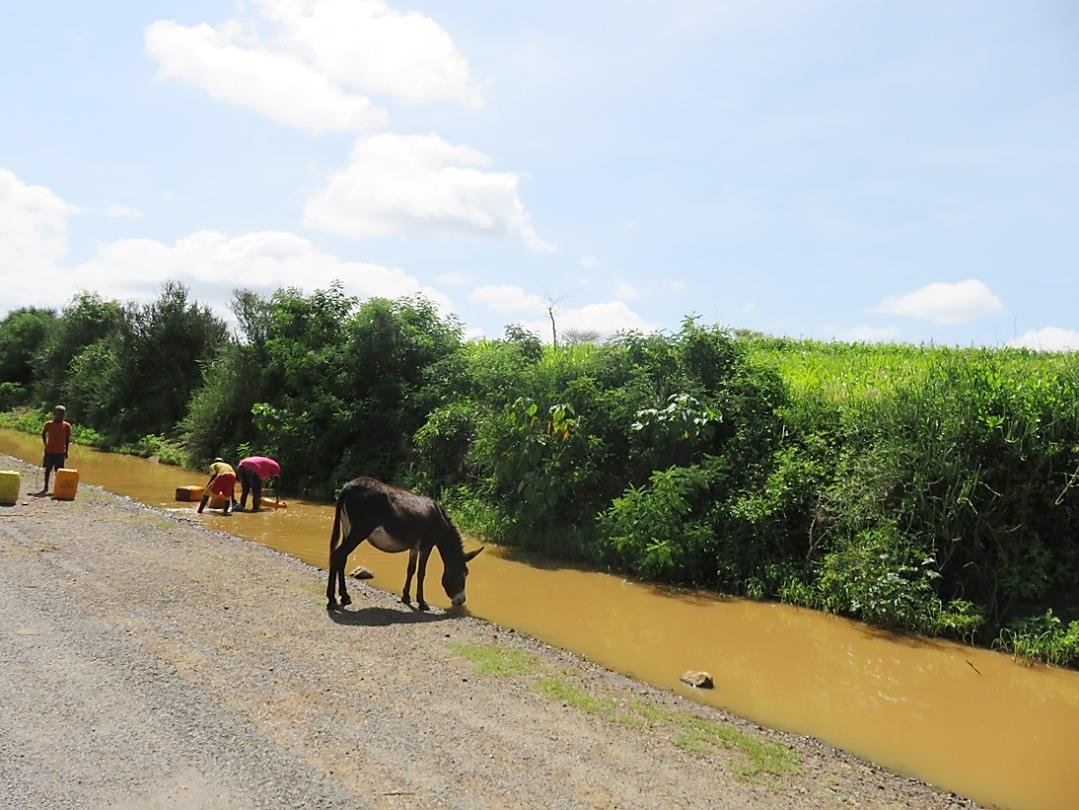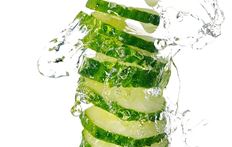
by Fern Shaw | Jul 15, 2016 | Uncategorized
Summer is upon us – lift your hands in air and say – Hey ayyy! But what to do and where to go inside of our now less than frosty shores? Here are a few suggestions that may shine some light on your wintery grey matter:
Woodland Trust – The UK has centuries-old oaks, beeches and cedars – and the Woodland Trust is keen to protect our ancient trees. Help the trust by setting out to explore Britain’s oldest forests. Give a tree a hug to see how far your arms stretch round – they become important when the girth of the trunk is one to four arm spans.
Real Ale Trail – Create your own real ale trail by train for just a few bob. A hop-on, hop-off day return on the St Ives Bay Line in Cornwall will take you past real ale pubs in Lelant Saltings, St Erth, Penzance and St Ives. That’ll certainly put the hop in your journey!
Visit Flat Holm Island – Sail across the water to Flat Holm Island in the Bristol Channel and spend the day wildlife spotting. There are boat trips that can be arranged to the island to visit for the day or for longer stays.
Rooftop Films – Watch a movie al fresco during the Rooftop Film Club season, which runs until September 30, with screenings in Camden, Peckham, and Shoreditch. They’ll also take place at Somerset House and in Trafalgar Square.
Banksy art – Go in search of works by elusive graffiti artist Banksy – such as Grim Reaper, The Girl with the Pierced Eardrum and Well Hung Lover – in his home town of Bristol. Try a self-guided walking tour and visit some of the city’s bars and restaurants on the way.
Further north, how about some wonderful behemoth watching (no, I don’t mean ‘Nessie’):
Whale watching, Scottish Highlands – The waters around the Hebrides are home to a variety of whales in the summer months; more than 250 minke and pilot whales were spotted last year, along with rarer sightings of killer, fin and even humpback whales. Alongside the whales, there’s a good chance of seeing dolphins, porpoises and sharks, with white-tailed eagles and puffins in the skies above the boat.
There are oodles more of things to do, see and visit throughout the U.K. this summer; I’ve had to whittle these suggestions down from hundreds. Whatever you decide to do and wherever you go, remember the No. 1 rule of summer – rain or shine – keep your precious little self hydrated and make sure you take your drinking water with you.

by Fern Shaw | May 31, 2016 | Charity, Christian Aid, water cooler, Water Coolers
It’s not often that I can say that I’m truly overwhelmed. I may drama queen a little about being overwhelmed but that’s not often the case.
What I did find truly overwhelming was my recent nine day visit to Ethiopia at the behest of AquAid and at the invitation of a charity which AquAid have for years supported; Christian Aid.
Having worked in water provision and in close conjunction with the charities that AquAid support for a few years now, this is a matter that has taken on a great significance to me, as well as, I’m sure, everyone at AquAid. I’ve experienced daily how important it is to balance the business side as well as maintaining and perpetuating Paul Searle’s (AquAid’s founder) holistic philosophy of giving back. On the trip, though, I experienced this philosophy first hand.
Ethiopia is a magnificent country, that’s the only way that I can describe it. The Ethiopians are among the kindest, most hospitable and polite people I’ve met in my travels; the country is vast, the scenery is awe inspiring and the industriousness of the people is truly something to witness.
After a briefing at the Christian Aid offices in Addis Ababa, we departed on the first leg of our journey to visit the first of four projects in the south of the country. As our amazing driver, Girma, who would put any F1 driver to shame, negotiated his way through an endless progression of pedestrians, other road users which also included herds of cattle; sheep and goats as well as donkey, mule and horse carts, I observed something interesting. Every mile or so there were people walking. Not a gentle lollygagging type of walk, but walking with determination. Most were carrying yellow containers. Many of these people were very young children, some who looked to be no older than seven or eight years old.
When we passed a puddle on the side of the road, a river, a stream, there were people collecting water. I have no idea how many miles these people walked every day, but I imagine it was a good few miles at least. They shared the puddles with all manner of others including animals. These puddles were open to the elements, unprotected and quite a few puddles alongside certain stretches of road had all the detritus from the road and its passing traffic landing in them.
- The magnitude of what I was witnessing struck me – here is a country that has water in abundance (Ethiopia has more vast lakes than you can shake a stick at), but a large majority of its inhabitants live and work hundreds of miles away from these large sources of water. They are dependent on the weather – their water source more often than not from the rainfall; and the country experiences dry months for eight out of the twelve months of the year.
- This is where charities such as Christian Aid come in and have been doing so in the country since 1998 when they set up an office in Addis Ababa. Christian Aid and AquAid have been working in partnership since 2001, bringing relief and sustainable water provision to those in need around the globe.
We witnessed five such projects during our trip which I will detail in further articles, but having being there, the importance of having water or indeed, having access to water, truly struck home. Here were thousands of people to whom the struggle for water, stuff of life, wasn’t a turn of a tap or a press of a button away. Here, having water meant a day to day survival, where if you wanted water, you strapped plastic containers to yourself and you started walking, for miles and miles, looking for the precious stuff. You may get ‘lucky’ and find a big enough water puddle from which you could fill your containers, often you would not.
What also occurred to me (during and post trip) is how invaluable it is to have companies such as AquAid and even more invaluable – our customers who support AquAid. Because I truly witnessed the results of what charity means. For every person from each community that we visited who had water to drink, water to cook with, water to water their livestock and their crops, this was a direct result of donations to charity. Life changing stuff.
If you’d like to find out more about how your water cooler and bottled water purchases can make a difference to people’s lives (and I mean this literally), please get in contact. We’d love to hear from you.

by Fern Shaw | Apr 26, 2016 | Charity, Christian Aid, Water
We should all know the direct correlation between drinking sufficient water and keeping healthy by now (OK, well I should, I’ve researched and written about it often enough – maybe you shouldn’t), but quite surprisingly in spite of a plethora of information from just about everywhere, it seems we still need to be told about this pretty basic principle.
- To be fair (all about fairness, me) in this tech age, I may just be more easily convinced if I had some clever water bottle that glowed at me until I drank from it or;
- What about a water bottle that apparently dings at you when it’s time to drink up!
- Then, getting even more tech spec-ee, what about all these apps that alert you to the fact that you haven’t had your daily water as yet. Yep, there really are a variety of ‘drink water’ apps available for smart phones and for those that like to add cucumber or similar to their water, there is a water bottle / spiral slicer (yep, really) that slices your cucumber directly into your bottles water.
These inventions and concepts (as some are still at the conceptual stage) are quite amazing, clever and resourceful.
For me though, not having a smart phone (oh woe is me) and I’m guessing I’m one of many millions that also don’t have a smart phone, I still believe that it’s kind of up to the individual (unless you have a forward thinking team at work who realise that hydrated employees are happier, healthier and make for a more productive team) to ensure that you drink your water.
What’s even more amazing is that if you choose your drinking water from AquAid, a portion of the proceeds of your water cooler purchase is automatically donated to water projects around the globe – these being to Christian Aid and The Africa Trust.
Now, that’s pretty amazing!

by Fern Shaw | Apr 13, 2016 | Water
My brain (oh Pooh of very little brain) is wont to skip along from thought to thought not unlike a greased toboggan on a stretch of snow. On occasion though, it hits the tarmac or an unsnowed patch and sticks a little. And ….. then it’s off again.
One of these skippity thought processes snagged on the thought about the masters of maths, Pythagoras, as an example; or da Vinci? What about brainboxes such as Plato (a favourite of mine); Euclid and Einstein?
I wondered if one went back in time and we studied their dietary and hydration habits, if we would find out whether they were big on the hydration or whether they were more of the tortured genius unhealthy habits, staying awake for days on end type habits individuals.
I guess we’ll never know (unless you have the time to study ancient texts to establish what any of these of large brained people ate and drank?) but what I do know is that drinking water aids us in incalculable ways, not excluding:
The brain is one of the most important organs in your body to keep fuelled. It is approximately 85 percent water and brain function depends on having abundant access to water.
Water gives the brain the electrical energy for all brain functions, including thought and memory processes.
Studies have proven that your brain cells need twice as much energy compared to other cells in the body. Water provides this energy more effectively than any other substance.
Water is also needed for the brain’s production of hormones and neurotransmitters. Nerve transmission requires one-half of all the brain’s energy.
When your brain is functioning on a full reserve of water, you will be able to think faster, be more focused, and experience greater clarity and creativity.
Daily hydration not only helps with better thinking, it can help prevent attention deficit disorder in children and adults.
The reason why it is important to drink plenty of water throughout the day for optimal brain function is that your brain does not have any way to store water.
I found the last bit of information fascinating, I wasn’t aware that the brain cannot ‘store’ water – it makes it all the more important to ensure that in order to have your brain function at optimal levels, you need to drink sufficient water.
I may not have the brain capacity of the fathers of maths, but at least now I know how to keep my brain happy, functioning and healthy – all I need to do is drink the original energy drink – water.

by Fern Shaw | Mar 8, 2016 | Uncategorized
You may have gathered by now that I rather enjoy writing (or typing I suppose is more correct). In fact, I generally find it the best way to express my thoughts. I think a LOT and am a visual person; however the path between my brain and my mouth isn’t always a clear and direct route. When I write down my thoughts though, this seems to flow a lot more clearly (except when one has writer’s block – an awful affliction!) and I am more mistress of the words than when I speak them.
Or so I thought. A while ago I came across a selection of quotes from various authors, poets, inventors, statesmen and philosophers, all to do with water, or the ocean, or the sea. It was a humbling experience (not that I ever thought that I was author material by a long chalk!) to read the amazing word manipulation and the results it brought. So, on this rather whimsical day, I’d like to share a few with you – hopefully, they may inspire you all to greater things or perhaps, you can simply just enjoy them.
*“Full fathom five thy father lies;
Of his bones are coral made;
Those are pearls that were his eyes:
Nothing of him that doth fade,
But doth suffer a sea-change
Into something rich and strange.
Sea-nymphs hourly ring his knell: Ding-dong
Hark! now I hear them, – Ding-dong, bell.”
~ William Shakespeare, The Tempest
“Water does not resist. Water flows. When you plunge your hand into it, all you feel is a caress. Water is not a solid wall, it will not stop you. But water always goes where it wants to go, and nothing in the end can stand against it. Water is patient. Dripping water wears away a stone. Remember that, my child. Remember you are half water. If you can’t go through an obstacle, go around it. Water does.”
~ Margaret Atwood, The Penelopiad
“Water is the driving force in nature.”
~ Leonardo da Vinci
“Ah, well, then you’ve never stood on a beach as the waves came crashing in, the water stretching out from you until it’s beyond sight, moving and blue and alive and so much bigger than even the black beyond seems because the ocean hides what it contains.”
~ Patrick Ness, The Ask and the Answer
“You can lead a horse to water, but you can’t make him participate in synchronized diving.”
~ Cuthbert Soup, Another Whole Nother Story
and I think it fitting to end this little watery tête-à-tête between you and me, dear reader, with this from one of my favourite poets:
“Dip him in the river who loves water.”
~ William Blake, The Marriage of Heaven and Hell
*quotes from a marvellous collection at Good Reads





